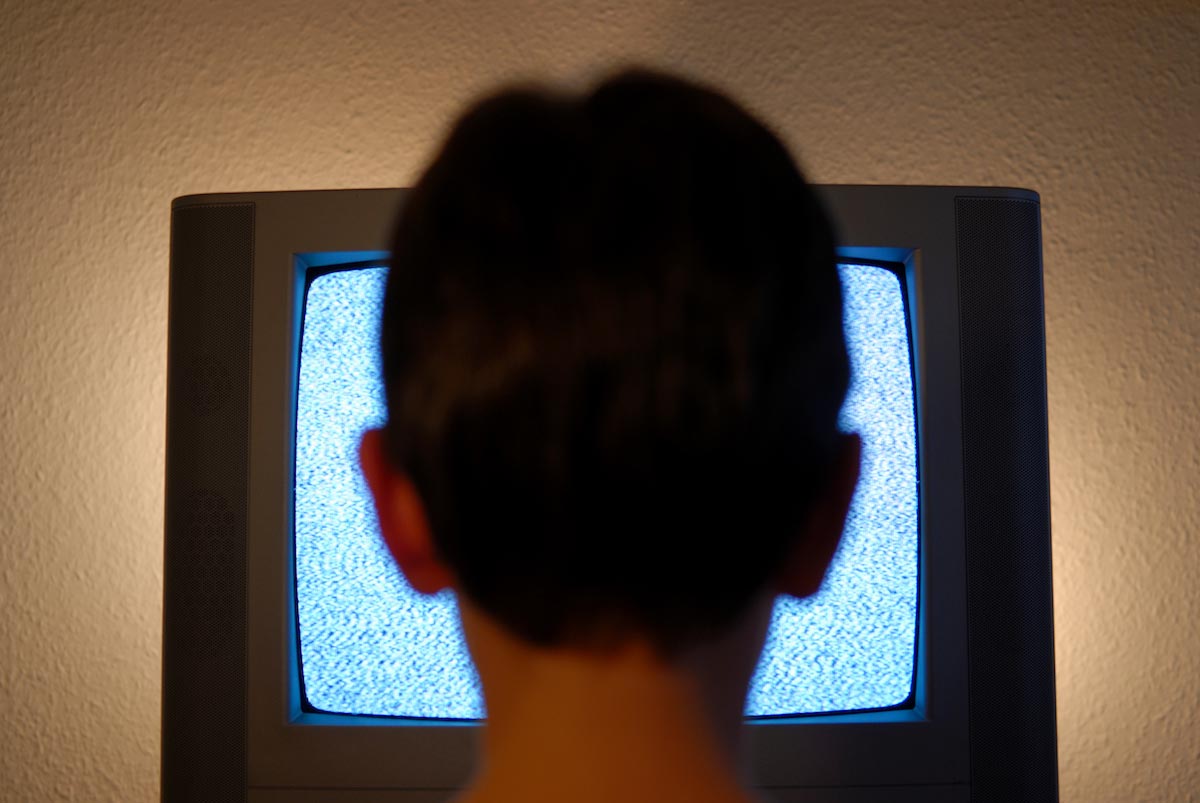Snack food vs. fruit and veggies: Poor diet is one more reason to limit kids’ screen time
11/30/2017 / By Janine Acero

Children whose attention are always focused on television are more likely to avoid fruits and vegetables, according to scientists.
Researchers from the Loughborough University surveyed 527 children between the ages of 11 and 12 and found that two-thirds of the young participants spent more than two hours viewing TV, which affected their eating habits. They were found to be eating only a quarter of the recommended five portions of fruit and vegetables each day when glued to the screen. Additionally, a third of the surveyed youngsters were found to combine these bad habits with a desire to snack on unhealthy treats.
The researchers concluded that the time spent by children in front of the TV should be monitored and limited to reverse these poor eating habits.
“There is a strong link between screen time and unhealthy eating,” psychologist Dr. Emma Haycraft told Daily Mail online.
“Therefore, cutting the amount of time your children spend in front of the television whilst eating is a logical step towards improving their eating behavior.
“Habits such as snacking whilst watching television or using phones or tablets is a detrimental health behavior as most snacks tend to be… full of sugar or bad fats.
“A simple change such as reducing the availability of high calorie snacks is one way to improve youngsters’ diets.”
Another way to ensure that your kids are getting the proper nutrition their growing bodies need is “turning off the television during mealtimes and eating as a family,” according to Dr. Haycraft.
Previous studies have associated excessive TV consumption with poor eating habits, which increase the risk of obesity at a young tender age. A recent study in June revealed that allowing children to watch TV in their own bedroom is another factor in this worrying scenario.
The research team from the University College London tracked more than 12,500 British children and found that more than half had TVs in their bedroom at age seven.
Girls at this age with TVs in their rooms have a 30 percent higher risk of being overweight by the time they are 11 than their peers who don’t, according to the researchers. For boys under the same circumstances, the risk of becoming overweight goes up 20 percent.
Researcher Dr. Anja Heilmann said: “Childhood obesity in the U.K. is a major public health problem.”
Childhood obesity has also been a growing problem in the U.S. and it continues to be a major threat to children’s health as one in three kids is now believed to be suffering from this disease.
Experts point at junk food adverts as the culprit for tempting children to choose such diets and consume unhealthy amounts of calories. Moreover, the hours they spend sitting down help them become overweight, which is one of the main drivers of cardiovascular diseases, among others. (Related: Fatty liver disease on the rise in children—from too many sweet treats.)
The study suggests that parents can set an example to the youngsters by having healthier diets themselves and restricting TV consumption, to get the children to follow healthier eating habits.
For more on the diseases caused by excessive junk food consumption, visit CancerCauses.news.
Sources include:
Tagged Under: bad habits, cause of disease, child health, childhood obesity, eating habits, fitness, lifestyle choices, no physical exercise, obesity, Public Health, sedentary lifestyle., television, TV, TV time, watching TV




















